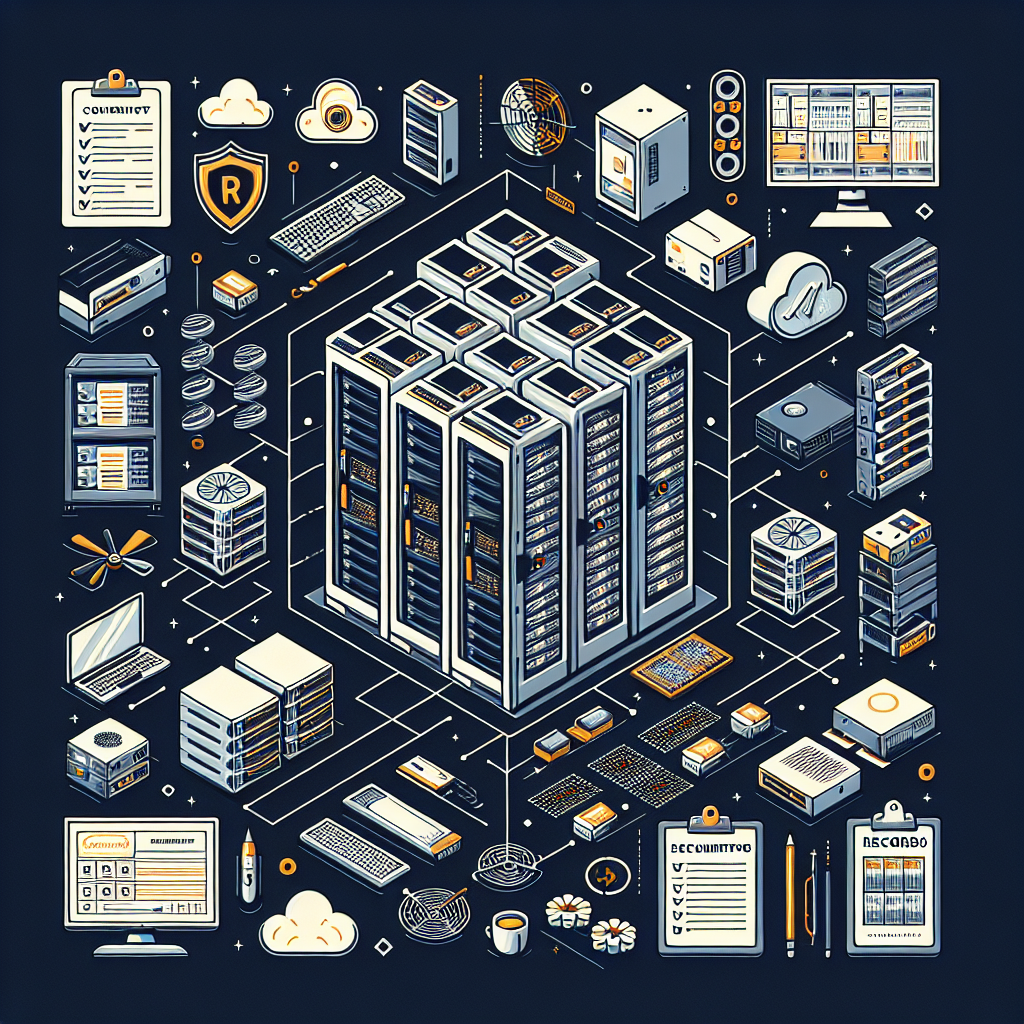Fix today. Protect forever.
Secure your devices with the #1 malware removal and protection software
Data centers are critical components of any organization’s infrastructure, housing servers, storage systems, networking equipment, and other essential hardware. In order to ensure the smooth operation and security of a data center, regular audits are necessary. A comprehensive data center audit checklist can help organizations evaluate their facilities, identify potential risks, and implement necessary improvements. Here are some key elements to include in your data center audit checklist:
1. Physical Security: One of the most important aspects of a data center audit is evaluating the physical security measures in place. This includes assessing access controls, surveillance systems, alarms, and security personnel. Make sure that only authorized personnel have access to the data center, and that there are strict protocols in place to monitor and track visitors.
2. Environmental Controls: Data centers require specific environmental conditions to operate efficiently, including temperature and humidity control. Your audit checklist should include checks on HVAC systems, cooling systems, and fire suppression systems to ensure that they are functioning properly and are adequate for the needs of your data center.
3. Power and Backup Systems: Power outages can have catastrophic effects on a data center, so it’s important to audit the power systems in place. This includes assessing the reliability of utility power, as well as the effectiveness of backup generators, uninterruptible power supplies (UPS), and power distribution units (PDUs).
4. Network Infrastructure: The network infrastructure is the backbone of a data center, so it’s crucial to audit networking equipment such as routers, switches, and firewalls. Check for any bottlenecks, potential points of failure, and ensure that the network is properly segmented and secured.
5. Data Storage and Backup: Data storage is a critical component of a data center, so it’s important to audit storage systems to ensure they are reliable, scalable, and secure. Check for redundancy, data backup procedures, and disaster recovery plans to ensure that data is protected in case of a hardware failure or natural disaster.
6. Compliance and Regulations: Depending on the industry your organization operates in, there may be specific regulations and compliance requirements that need to be met. Your audit checklist should include checks to ensure that the data center is compliant with relevant regulations such as HIPAA, GDPR, or PCI DSS.
7. Documentation and Maintenance: A well-maintained data center is essential for optimal performance and security. Include checks on documentation such as network diagrams, equipment inventory, and maintenance schedules to ensure that everything is up to date and in good working order.
In conclusion, a thorough data center audit checklist is essential for evaluating the security, reliability, and efficiency of your data center. By including key elements such as physical security, environmental controls, power systems, network infrastructure, data storage, compliance, and documentation, you can ensure that your data center is operating at its best and is prepared for any potential risks or challenges.
Fix today. Protect forever.
Secure your devices with the #1 malware removal and protection software

Leave a Reply
You must be logged in to post a comment.